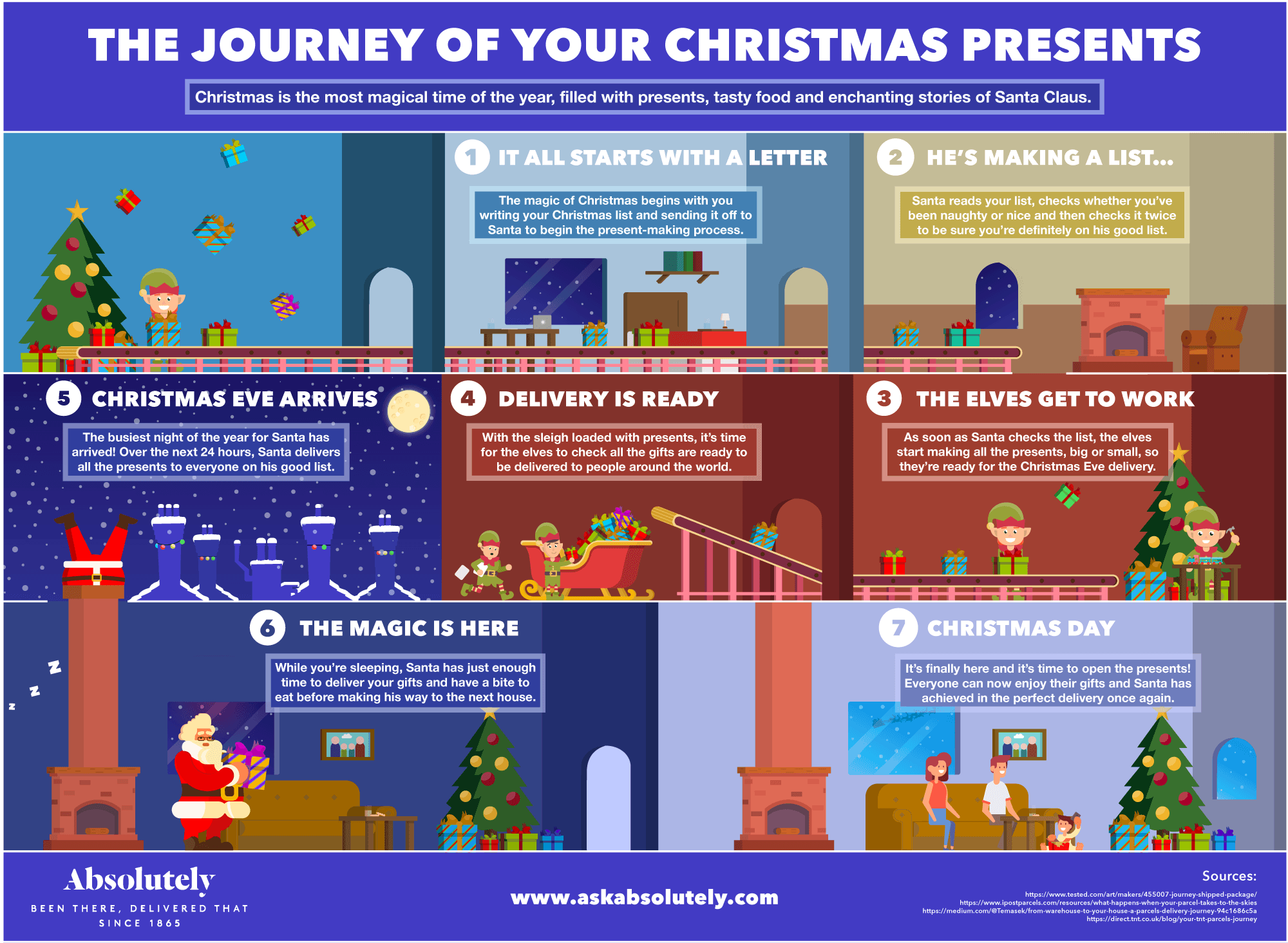Many business solutions now run in the cloud. Cloud solutions are considered more effective and come with a higher return on investment (ROI) due to the lower initial investment. After cloud customer relationship management and cloud operations, now is the time for cloud accounting to shine.
Cloud accounting allows business owners to manage their business finances from anywhere. Cloud accounting suites also come with automation and other features designed to make managing business finances easier. Before you start using cloud accounting for your business, here are the tips you need to know.
Basic to Advanced
Just because you can now automate most tasks, such as ensuring compliance with ASC 842 for lease accounting, using a cloud accounting suite doesn’t mean you don’t need to know the basics of accounting. In fact, many business owners go back to school and pursue their own accounting MBA online degrees because of how important accounting is to the success of the business.
Accounting is more than just about recording transactions correctly. It is also about making forecasts, using accounting to make data-driven business decisions, and relying on financial management to keep the business healthy and growing. Before deciding to use a cloud accounting solution, you need to master these accounting basics first.
The Right Tools
Not all cloud accounting suites are created equally. Some of them use artificial intelligence and machine learning to simplify accounting functions. Others rely on familiarity and good user experience to make accounting more accessible to many.
Choosing the right cloud accounting solution to use is important and there are a number of options to choose from today. FreshBooks, for example, is now available as a cloud solution. It comes with all the features you need for small and medium-sized business accounting.
Kashoo, on the other hand, focuses more on invoicing, making it suitable for businesses and professionals (freelancers) alike. For a more comprehensive solution for your online business, you have Outright as the cloud solution to consider.
Decide on a System
Another important thing to do before switching to a cloud-based accounting solution is choosing an approach or a system to use. In accounting, you can choose from three main accounting methods: accrual basis, cash basis, and the more modern hybrid method.
We’re not going to go deep into how these approaches differ, but that doesn’t mean you can skip this step. Choosing an accounting system to stick with will determine how you need to do other accounting tasks in the future, even when you have a capable cloud solution at your fingertips.
Make the Transition
The biggest challenge of using cloud accounting solutions is migrating from your old software – or books – to the cloud. This is best done at the beginning of a new fiscal year so that the migration process can be substantially simplified.
You still have to migrate your balance to the cloud solution of your choice, but the rest is easy from there. Once your books are in the cloud, you will have the ability to do accounting from anywhere. More importantly, you now have the ability to monitor and manage your business at any time thanks to the cloud solution.






